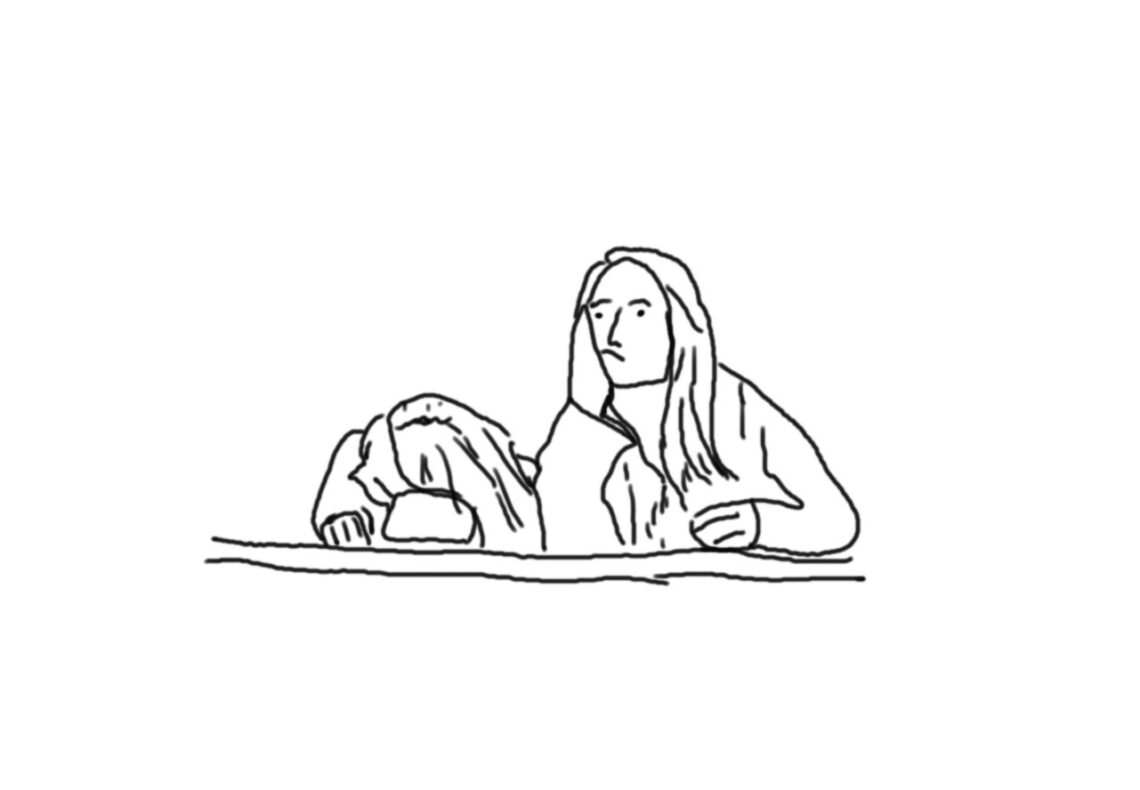According to our common sense, we know things about the world from ordinary sources such as perception or memory. Moreover, we assume that what we know about the world doesn’t depend on us thinking about it. The world just is that way. We also assume that facts about us render us knowledgeable, such as having good reasons to believe something. Relativism is supposed to challenge our common sense. If what we know turns out to be merely relative to people or cultures, then our common-sense intuitions are all wrong. Maybe, but we need some kind of relativism that (i) does pose a challenge and (ii) is coherent. Whether there is…
-
-
Added or Diminished Value in Solutions to the Problem of Evil
According to standard solutions to the logical problem of evil, there is some additional feature of the world that is impossible unless there is moral evil. The presence of moral evil permits some added value to the world. According to added value solutions, if there were no moral evil in the world, there would be no libertarian free will, no greater goods, or no fully built souls. Since there is significant value in these features, the world is better with them and with moral evil than without them and without moral evil. Most defenses play upon added value, but one defense argues that there is no way to remove moral evil from the world without diminishing the…
-
Subtitles Are Better Than Dubbing
I can’t watch a dubbed movie. Not even a minute. Why? Surely, I should prefer the film to be in my own language. And doesn’t reading the script detract from watching a movie? Perhaps my preference cannot be explained rationally. I don’t like it in much the same way as I don’t like Brussel sprouts. There is no argument to be had over whether a dubbed movie is better than one with subtitles. I’m inclined to think that there is a rational explanation for my preference, one which I shall sketch below. My inclination is this: in order to enjoy a performance, I must be capable of feeling appropriate emotions invoked by the story and characters in the…
-
Against Eliminative Materialism
According to eliminative materialists, the statements ‘I feel pain’ and ‘I believe that the cat is on the mat’ can be reduced to statements about physical mechanisms of the brain. ‘My C-fibres are firing’ or ‘my B-drive is accepting that the cat is on the mat’ will suffice to replace any reference to mental states. As Eddy Zemach kindly points out, doing so deprives us of any reason to think the reduced statements are true. If one asks, ‘what makes you think your C-fibres are firing,’ what else could the asserter say apart from, ‘well I feel pain’? Same for the B-drive. Hence, one might replace all our mentalistic statements,…
-
EPS/ETS 2021
Last week, I went to Fort Worth Texas to present a paper, listen to some eminent scholars, and meet old friends. Here’s my report: My Paper: I read my paper on the scope of the imagination in providing evidence for beliefs. There are two groups of people on the topic, optimists and pessimists. Optimists think the imagination can serve as evidence for all sorts of beliefs including moral judgments, empirical beliefs, and acquaintance beliefs. My twitter profile is presently an illustration of Puddleglum, so you can tell my position on the subject. I went to three sessions, one on the minimal facts approach to the resurrection, one on William Lane…
-
How To Write a Persuasive Research Paper
The following are instructions for writing a persuasive research paper. To include in the paper: Introduction (one paragraph) Explain the issue Begin your paper with an explanation of the issue you are going to discuss. A good way to state your issue is by using a question. For example, one might write “is it only possible to understand justice for an individual if we understand justice in a city?” You may also want to state the view of the author on which you are going to write. (e.g. “in The Republic, Plato suggests that we can only understand the nature of justice in an individual if we understand the nature of justice in a city”)…
-
Anti-Anti-Reduction
Suppose I argue that what makes a proposition true is its correspondence to a state of affairs. “All very well,” my interlocutor responds, “but true statements are so much more than statements that correspond to reality. They often inspire, exhort, warn, and comfort.” Or, suppose I say that apologetics is a rational defense of the the content of Christian beliefs. “Yes, yes,” my interlocutor says, “but defenses of the faith shouldn’t just be rational defenses. They often require imaginative storytelling, poetry, and other art forms. People aren’t merely reasoning machines. We must appeal to their imaginative nature.” In both cases, the reply should not be a defense of a reductive…
-
Not Ready to Quit: Combatting Epistemic Apathy
For as many centuries as there has been a church, there has been a concerted effort to rationally defend its beliefs against skepticism. That’s what apologetics is supposed to do. A Christian apologetic is primarily a rational defense of the contents of the Faith. Throughout history, defenders of the Faith assumed that Christian beliefs aren’t mysterious inexplicable attitudes. They don’t arise from nowhere. Instead, they are properly formed. In our present age, although Christians have maintained their own psychological resilience in their beliefs, they are not so sure such resilience can be maintained in defending those beliefs. Some suggest that the most that we can do is help people see…






